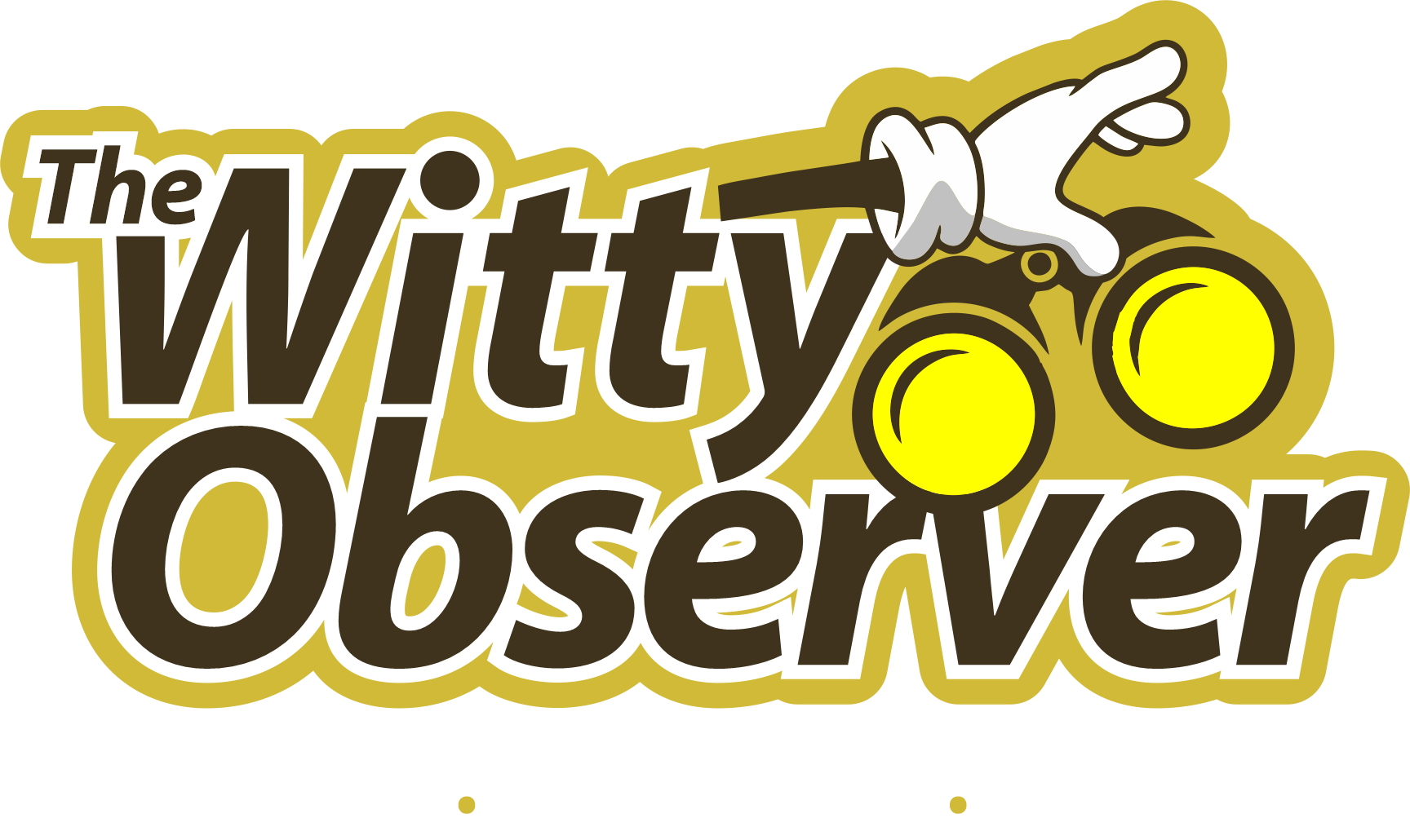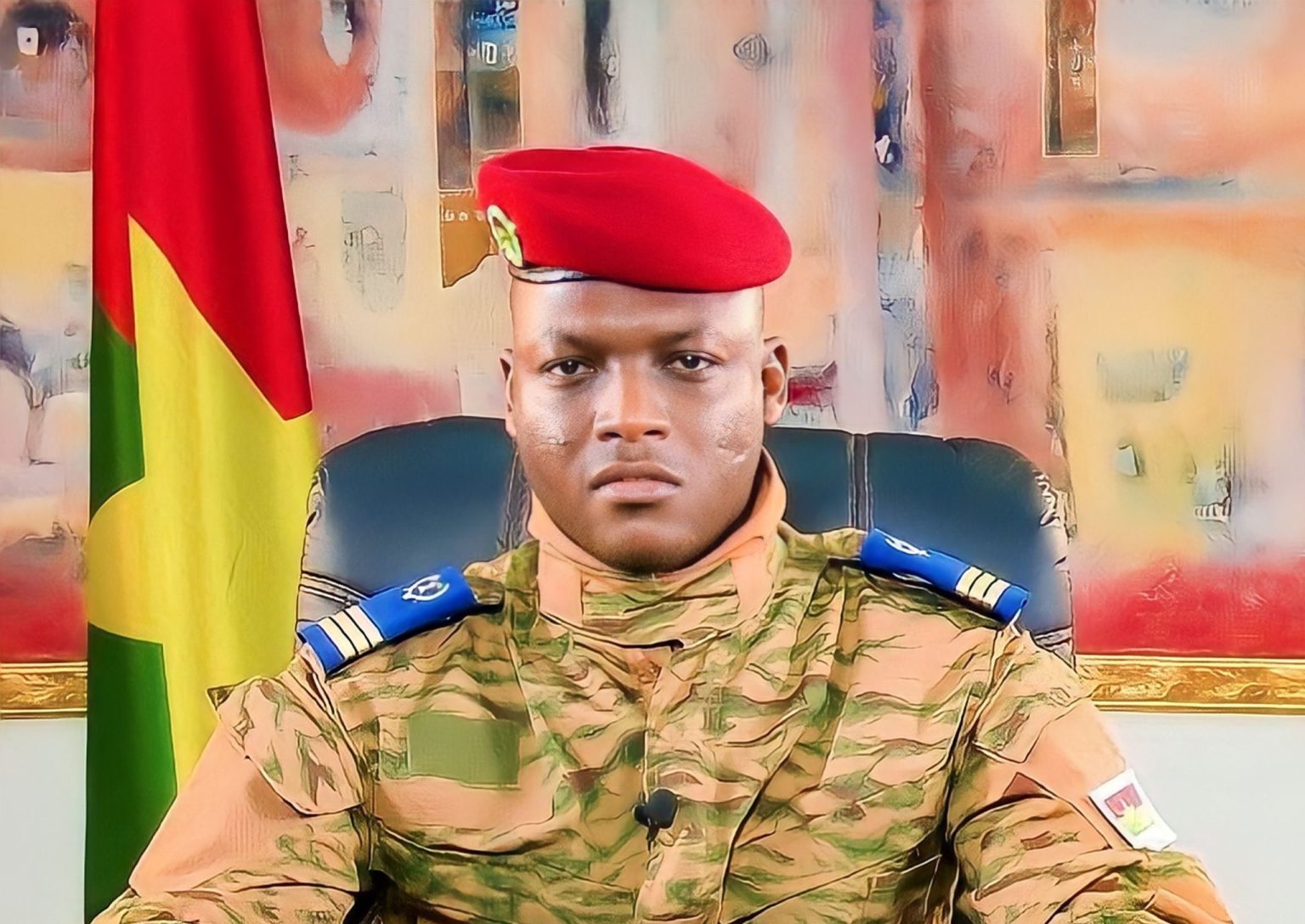Meet Captain Ibrahim Traore. He is the knight in camouflage armour coming to Burkina Faso’s rescue. At 34 years old, he’s the world’s youngest head of state. Yet despite his youth, Traore oozes confidence, reluctant hero status and command well beyond his years. His towering presence, constantly guarded grin, and trademark beret has turned him into a sensation many young Africans admire.
Burkina Faso has faced chronic political instability and economic hardship since gaining independence in 1960. Frequent coups have disrupted democracy. As one of Africa’s poorest countries, it depends heavily on agriculture and foreign aid. Underdevelopment in infrastructure, education, and healthcare has exacerbated its challenges. Since 2015, attacks by Islamist militant groups have displaced over 1.5 million people, worsening an already complex humanitarian crisis.
So how did this young Captain steer his country through another military takeover and wind up at the helm? Let’s peek behind the beret.
Traore’s backstory has all the makings of a Hollywood blockbuster. Born in Kéra, Bondokuy, Mouhoun Province, in 1988, he joined the army in 2003. He quickly rose up the ranks, serving in an elite presidential guard and special forces unit. He studied geology at the University of Ouagadougou.
Sources describe Traore as disciplined and courageous. Fighting on the frontlines against Islamist militants in Burkina Faso and neighbouring Mali. In 2018, he was cited as one of the MINUSMA soldiers who “showed courage” during significant rebel attacks in the Tombouctou Region. This soldier knows his stuff.
On September 30th, Captain Traore seized power from interim president Damiba. He said Damiba let Burkina Faso burn while he fiddled. Traore argued that Damiba danced around army reform when grunts needed new marching orders. And that his disregard for human rights meant borrowing no human rites under his reign.
Now, Captain Cool is in charge, promising to restore security development and democracy. But wooing Burkina Faso’s restless youth may be his most brutal battle yet.
Young Burkinabes are hungry for change after years of poverty, unemployment, and ineffective leaders. Traore’s youth and vision are a breath of fresh air to them.
While Western nations, the so-called masters of the universe, wag fingers about constitutional rules, Traore is busy strengthening relations with America’s nemeses, Russia and China. His openness to new allies and his dashing beret style are beau-rific.
While Traore’s charismatic style inspires hope, transforming Burkina Faso’s chronic troubles remains an uphill battle. Much rests on the young Captain’s ability to chart a new course.
Traore should follow Jerry Rawlings’ example – transitioning Burkina Faso from military rule to democracy. As Rawlings proved in Ghana, former military leaders can midwife democratic rebirth through inclusive elections and sound reforms.
With principled leadership, Traore can make a democratic transition to Burkina Faso’s new revolutionary legacy – ushering in an era of hope and stability its people yearn for. But to truly transform Burkina Faso, Traore must channel the spirit of revolutionary hero Thomas Sankara.
Sankara’s vision and integrity as president in the 1980s still inspire young Africans today. For Captain Cool to write his own legend, he must embrace Sankara’s values, but not his fate.
But realizing Burkina Faso’s bright future rests not on one man alone. The people must believe change is possible and progress attainable.
So we call on Burkinabes, both young and old: rally behind your defiant Leader’s vision of national rebirth. You can triumph over fear and chaos with hope, unity, and sweat. Your nation’s best days may remain if you take the mantle today. Captain Traore has handed you the torch – now run towards the dream of a new Burkina Faso no threat can extinguish.
For Africa’s sake, Captain Cool must aim even higher. The continent expects.
What do you think?
- Do you think Captain Traore can bring meaningful change to Burkina Faso? Why or why not?
- What lessons can Traore learn from Thomas Sankara’s revolutionary leadership? How can he avoid Sankara’s fate?
- Is Traore’s youth an advantage or disadvantage as he takes leadership?
- Can Traore successfully strengthen ties with Russia and China while maintaining relations with the West?
- Beyond Traore’s persona, what concrete steps must Burkina Faso take to stabilize its democracy and economy? What role should the Burkinabe people play?



